News
Apple, other major tech companies react to Russia invasion
These sanctions from big tech and social media companies aren’t just PR stunts.
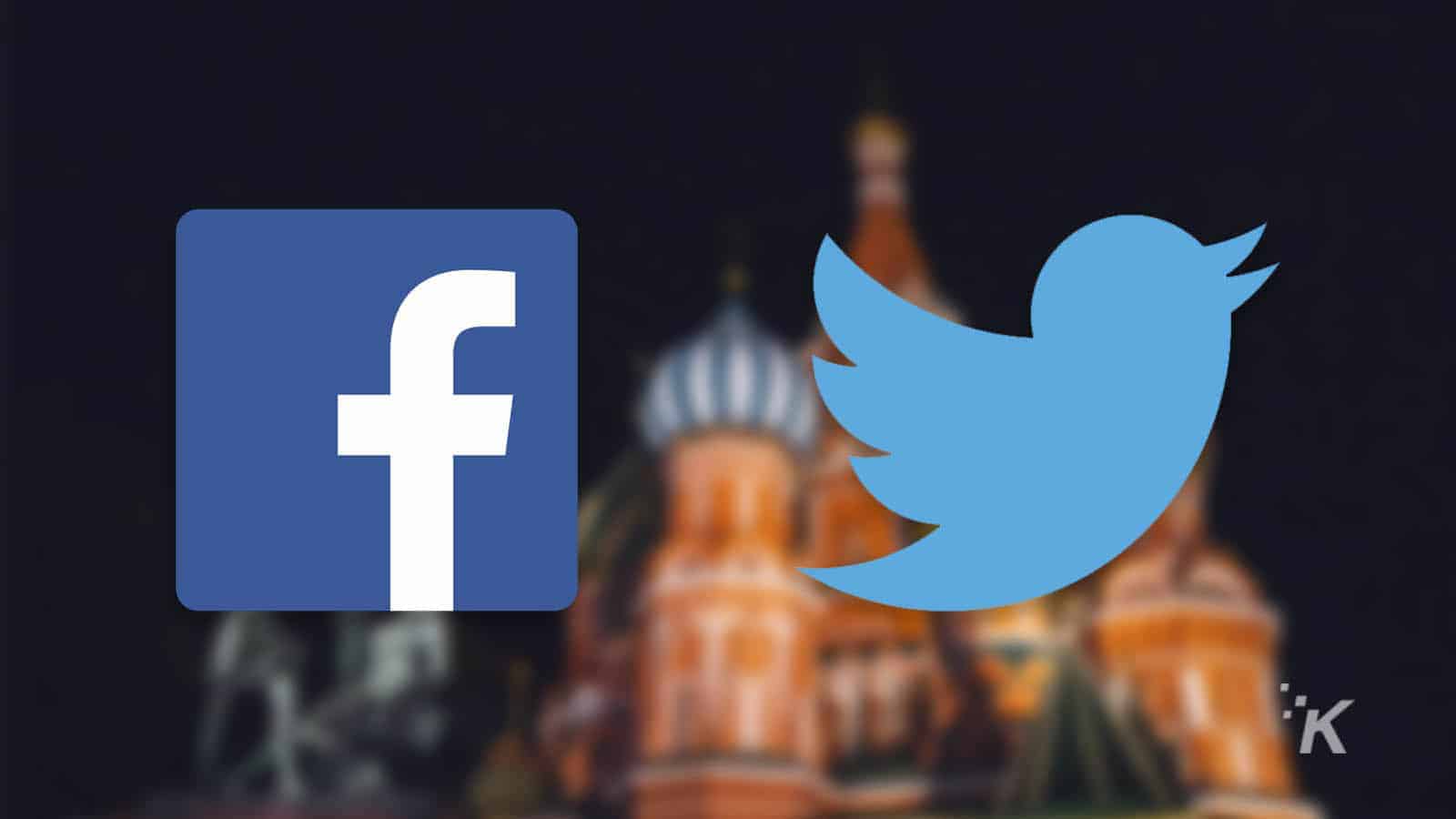
Just a heads up, if you buy something through our links, we may get a small share of the sale. It’s one of the ways we keep the lights on here. Click here for more.
Russia launched a full-scale invasion of its neighbor Ukraine on Feb. 24, 2022, and the military offensive continues three weeks later.
Private businesses worldwide – including the leaders in big tech and social media – have taken action against Russia to pressure the country to withdraw its troops.
Here’s what Apple, Google, and other tech giants have done to aid the world in ending the conflict.
Apple
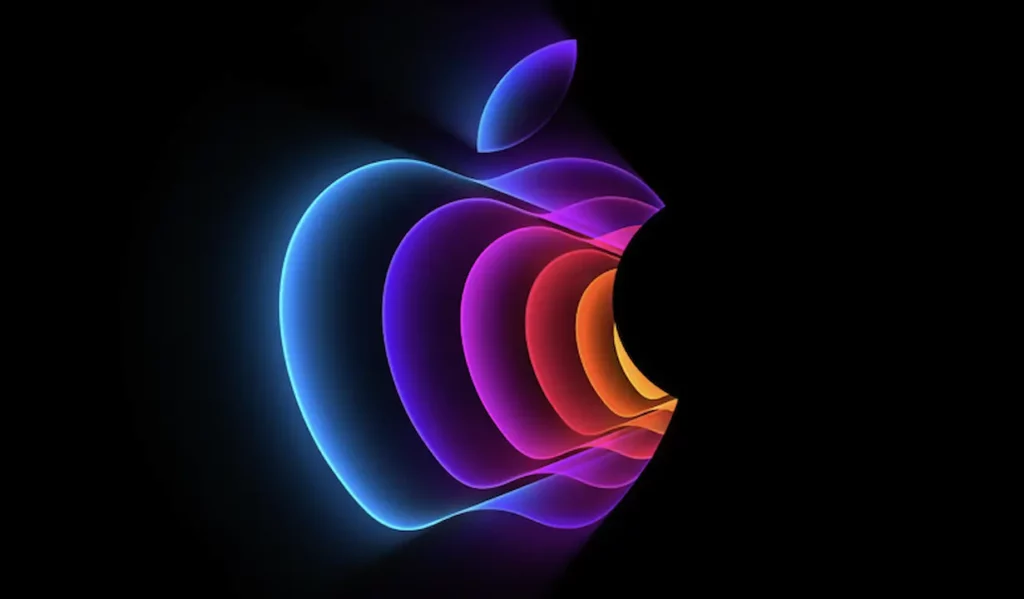
Cellphone manufacturer Apple has taken drastic measures. It paused all product sales within Russia’s borders and restricted essential functions for Russian citizens who own Apple devices. Russian news apps RT and Sputnik are also no longer available on the App Store.
READ MORE: Yandex, Russia’s Google, is secretly sending your data to Russia
The company has also made an impact in Ukraine, shutting down all traffic and live incident reports on Apple Maps to avoid exposing civilians to armed forces, as many civilians remain sheltered in Ukraine’s major cities.
The map now shows Crimea as Ukrainian territory instead of Russian territory as a jab to Russia.

Google shares Apple’s sentiment and has also restricted its Maps features within Ukraine’s borders.
Google Maps can normally show population density in a specific area through traffic reports, but the company has turned that feature off to avoid putting large groups of civilians and military personnel under a microscope.
Google also updated its Search tool to direct people seeking asylum to helpful United Nations resources. This step is part of a greater effort to fight against Russia’s online influence.
Google has bolstered cybersecurity for over 100 Ukrainian websites and blocked all YouTube channels across Europe connected to ST and Sputnik.
Meta
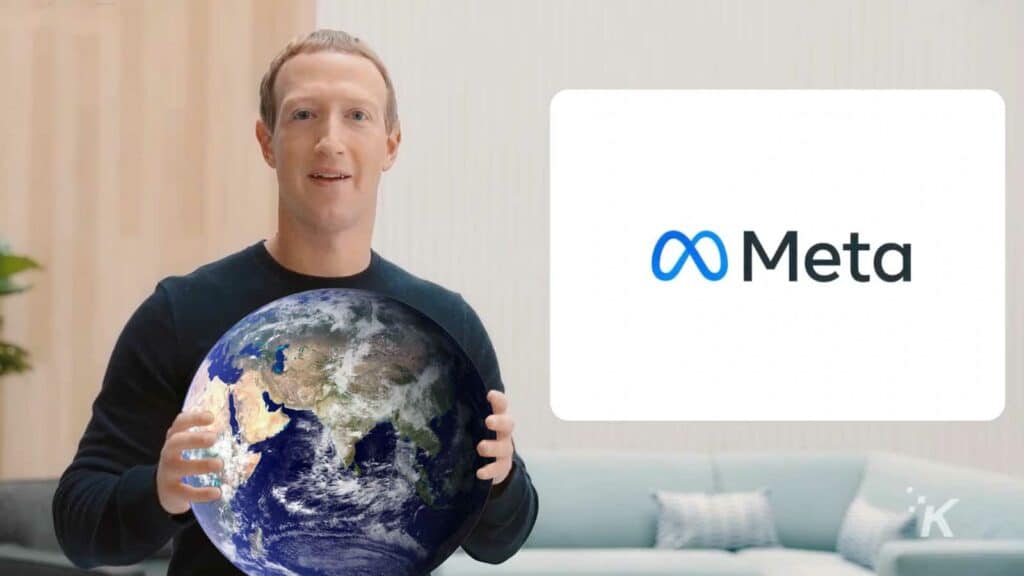
Facebook and Instagram’s parent company Meta also blocked access to RT and Sputnik throughout the European Union to stop the spread of Russia’s state-backed information.
The social media apps have also demoted or fact-checked content from other Russian media outlets – something they also did with COVID-19, to varying degrees of success.
Meta has also introduced new security measures for Ukrainians and Russians to protect against hackers, militant groups, and other threats.
Many Russian citizens have protested against the conflict and face punishment from their own government.
Meta’s messaging apps WhatsApp and Messenger remain functional to encourage these citizens to continue organizing their cause.
Microsoft
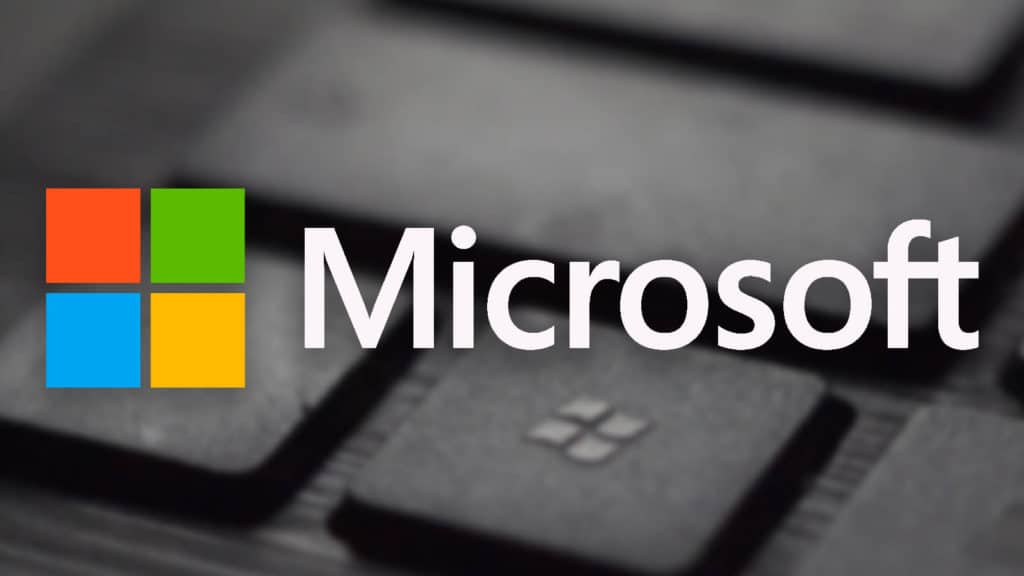
Computer software and electronics company Microsoft has stopped all product sales in Russia.
It’s also kept a close eye out for cyberattacks against Ukrainians through sectors that are vital to the war: finance, agriculture, energy, and humanitarian aid.
READ MORE: Microsoft stops serving Windows downloads to Russian users
Cybersecurity has played a major role so far, and secure devices could make a significant difference in the war’s outcome.
Microsoft has also removed RT and Sputnik from the Windows App Store and de-ranked the sites on the search engine, Bing.
Twitter has taken similar precautions to Facebook, flagging any explicit pro-Russian posts, identifying influential accounts, and disrupting attempts to spread misinformation.
The site has also temporarily paused its advertisements in Ukraine and Russia, though it remains on the App Store.
Snapchat
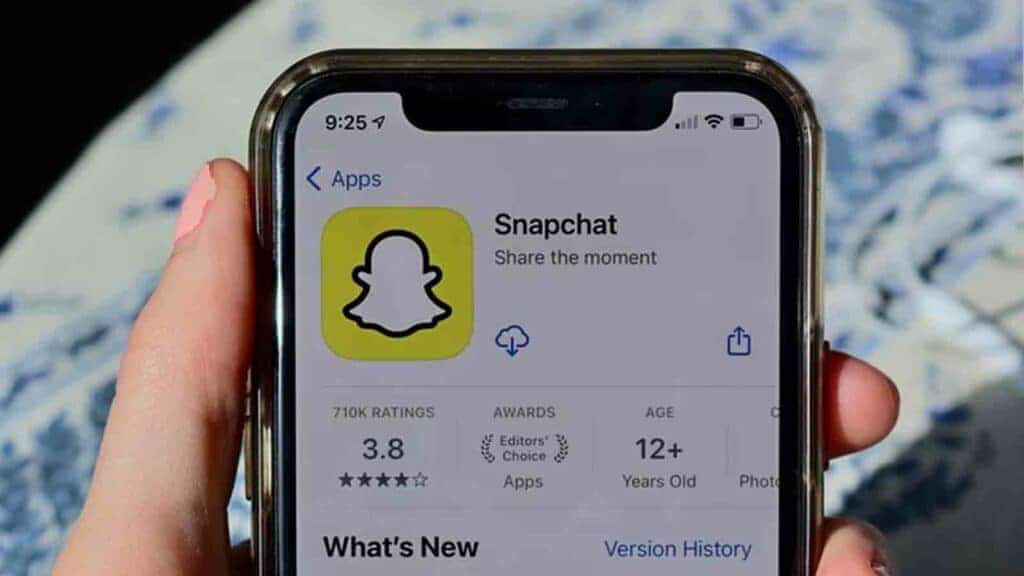
Snapchat has personal connections to the war, as its augmented reality technology comes from Looksery, a Ukrainian tech company the social media giant bought out in 2015.
Snapchat says that over 300 Ukrainians have helped develop the app over the years. It no longer runs advertisements in Russia, Belarus, or Ukraine and has stopped accepting revenue from Russian-owned entities.
Its heat map feature also no longer works in the region.
TikTok
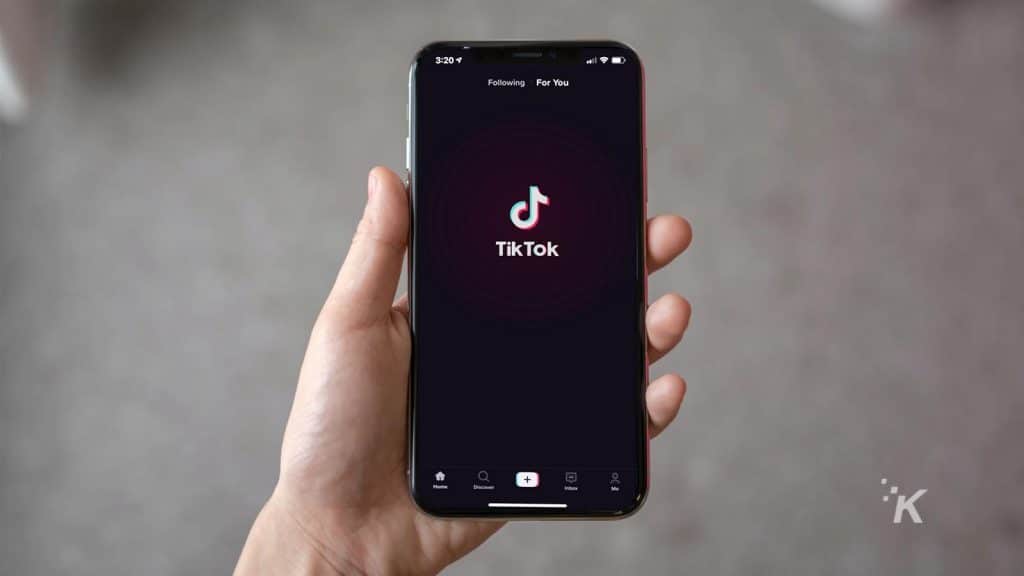
TikTok has suspended livestreaming and video creation for Russian accounts following Russia’s recently passed fake news law, which could put anti-war protesters at risk of significant jail time.
It has also begun labeling content from state-controlled media accounts and banned RT and Sputnik in the European Union.
Every Effort Helps
These sanctions from big tech and social media companies aren’t just PR stunts.
They help Ukrainian citizens and activists communicate without Russian interference, limit Russia’s influence in the digital world and put increasing pressure on its leaders to end the invasion without further bloodshed.
Every effort helps if it means we can find a peaceful solution.
Have any thoughts on this? Let us know down below in the comments or carry the discussion over to our Twitter or Facebook.
Editors’ Recommendations:
- Russia fulfills its promise by completely banning Instagram
- Facebook has dismantled a Russian propaganda network sharing fake war news
- In its fight against Russian hackers, the Biden administration is making progress
- Microsoft says Russia is mostly to blame for state-sponsored hacking attempts
































